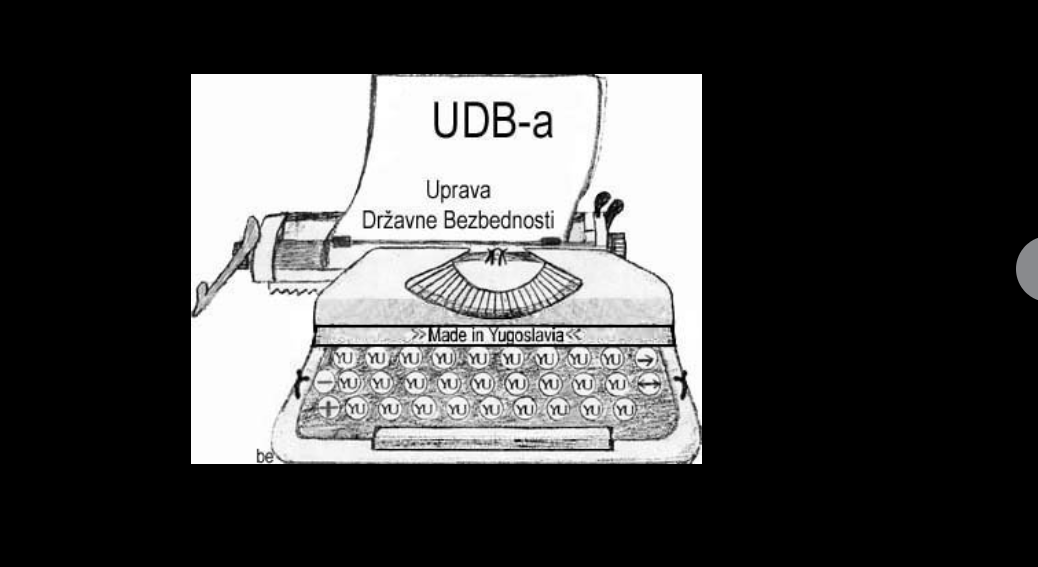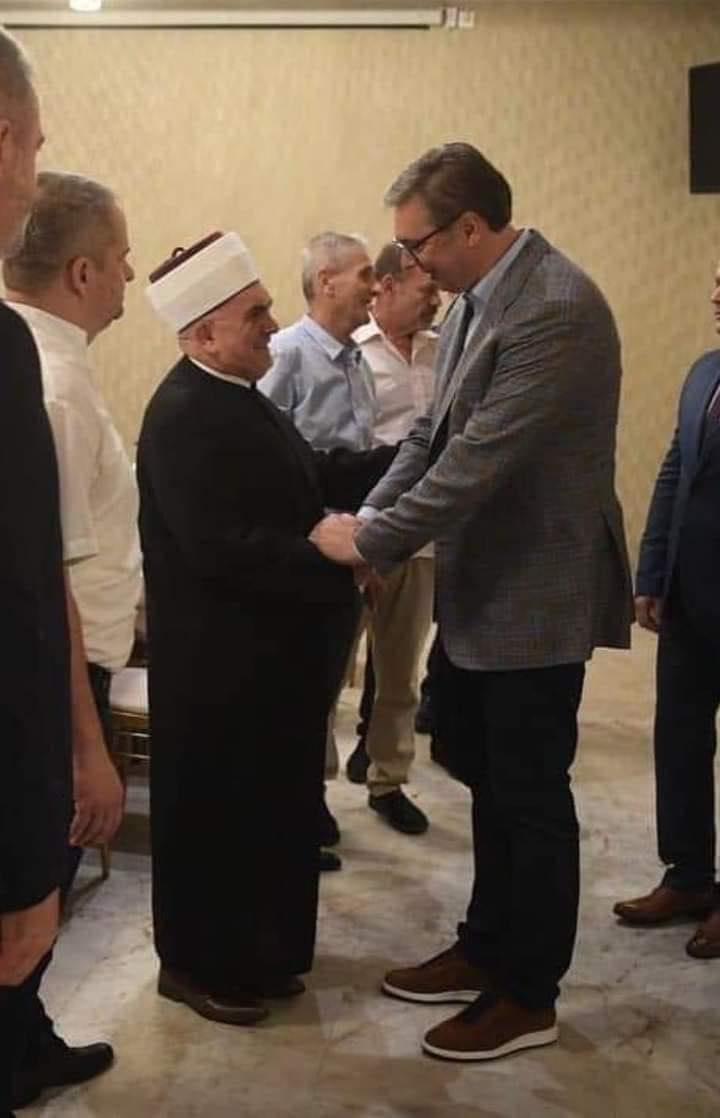Preview Peek: Sample the Exclusive Insights of The Gunpowder Chronicles
Bosnia’s Security Forces: Guardians of a Fractured Land
Bosnia’s security forces confront enduring ethnic divisions and external threats, striving to maintain peace, while echoes of Milosevic’s era still linger within the region’s power structures.
Oct – 27 -2024
Bosnia’s security forces, from military to specialised police units, confront enduring ethnic divisions and external pressures, striving to preserve peace in a fractured nation.
As Bosnia and Herzegovina grapples with the enduring shadows of its violent past, its present-day security forces remain on high alert, prepared to confront any threat that might destabilise the fragile peace. In Sarajevo, where the scars of the Bosnian War are etched into the very fabric of the city, I met with Zukan Helez, the Minister of Defence, and Martic Zeljko, the commander of the Federal Special Police Unit—a key player in the nation’s counterterrorism and high-risk operations. Our conversations revealed the complex dynamics of maintaining security in a country still haunted by ethnic divisions and external pressures.
Minister Helez, a man of measured words but firm resolve, spoke at length about the role of the Ministry of Defence in safeguarding Bosnia’s territorial integrity. The nation’s military forces, despite being a product of a multiethnic state born out of conflict, have managed to function as a cohesive unit, bridging the divides that still fracture the country’s civilian population. Helez assured me that the Armed Forces of Bosnia and Herzegovina are prepared to respond to any threat, whether from within or beyond the country’s borders.
But as Helez and I discussed the challenges posed by leaders like Milorad Dodik, who continues to push for the Republika Srpska’s secession from Bosnia, the conversation took on a darker tone. Dodik’s rhetoric, which echoes the nationalist narratives that fuelled the Yugoslav Wars, poses a direct threat to Bosnia’s fragile peace. Helez was clear: the armed forces are ready, but the primary responsibility for maintaining stability lies with the international community, particularly NATO and the European Union. “If the worst-case scenario were to occur,” he said, “our armed forces, supported by our international partners, are ready to ensure that Bosnia and Herzegovina remains intact.”
VIDEO: Dodik’s Declaration: “Passing this Resolution on Srebrenica will break Bosnia and Herzegovina. We have no reason left to remain part of it.”
My meeting with Martic Zeljko, the seasoned commander of the Federal Special Police Unit, provided a more granular view of the ongoing security operations within the country. Zeljko, who has served in the unit for over two decades, offered insight into the rigorous training and the diverse capabilities of the unit. Specialising in high-risk arrests, counterterrorism, and hostage rescue, the unit is also trained for search and rescue operations in some of Bosnia’s most treacherous terrains—snow-covered mountains, earthquake zones, and underwater caves.
Commander Zeljko Matic addresses his team during a morning briefing at Sarajevo’s Special Police Force training center, Bosnia and Herzegovina, on April 8, 2024. The briefing is a crucial part of the unit’s daily operations, ensuring that officers are well-prepared and informed before engaging in their training exercises.


Shënim:
Redaksia, diplomacia. dk nuk e merr përgjegjësinë për pikëpamjet e autorit në shkrimin e botuar!
Respekt!
